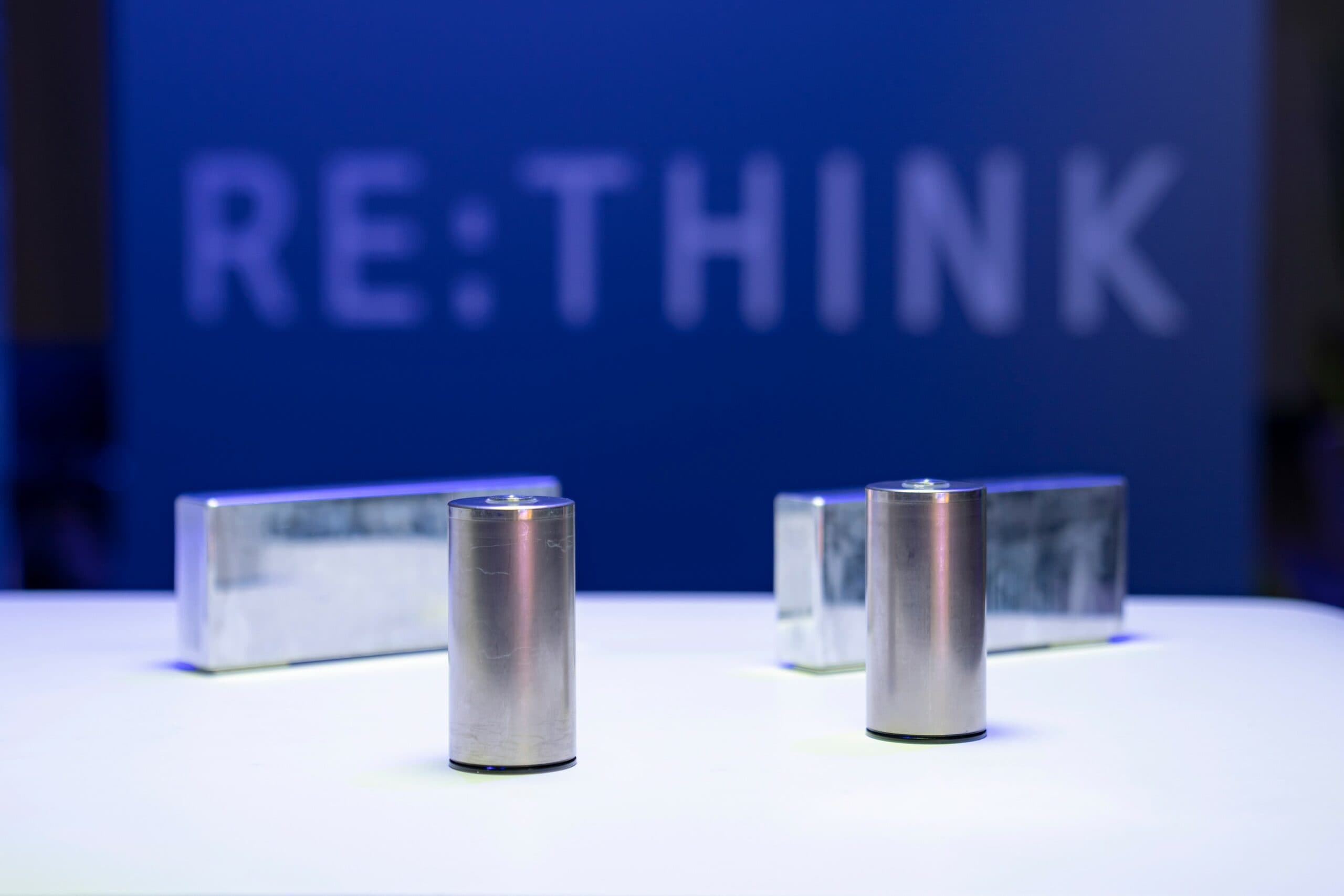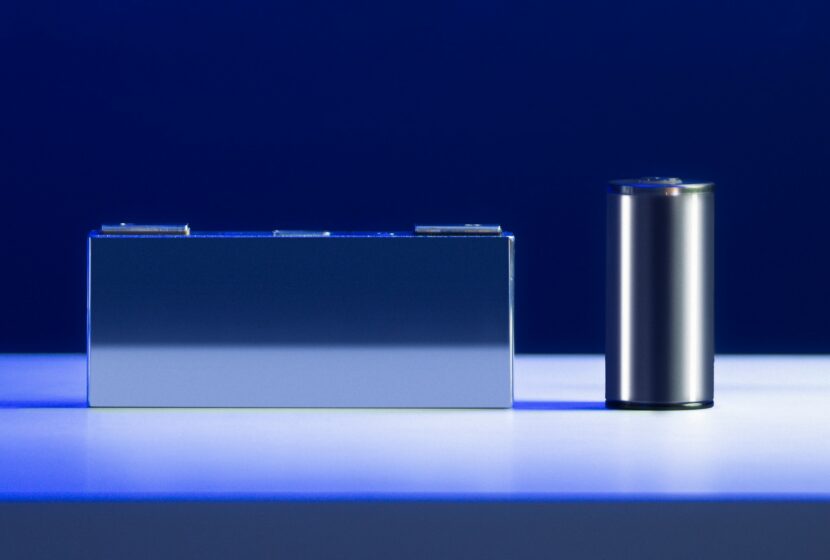
During the conference call for the half-year report, BMW announced plans to unveil the Vision Neue Klasse concept on September 2 as a more accurate preview of its future electric vehicles. In addition, the company’s newly appointed Chief Financial Officer mentioned the German luxury brand is spending even more on the development of EVs compared to the previous strategy.
Automotive News Europe cites Walter Mertl saying BMW is “investing more than originally planned in the global ramp-up of e-mobility” and that investments in batteries are “massive.” BMW has the numbers to back up this statement as expenditures related to R&D increased by almost a fifth in the second quarter of the year, reaching €1.84 billion or about $2 billion at current exchange rates.
ANE specifies the money BMW is pouring into battery tech isn’t just for the sixth-generation round cells debuting in 2025 with the Neue Klasse but also for the current fifth-gen prismatic cells. That doesn’t come as a big surprise considering the forthcoming NE architecture will peacefully coexist with UKL/FAAR/CLAR for a number of years. In other words, not all electric cars coming from 2025 are going to ride on the dedicated electric car platform as some will stick to the current underpinnings.
BMW just launched the i5 Sedan and will add the iX2 to its ever-growing EV portfolio by the end of the year, with an i5 Touring confirmed for 2024. The first NE-based cars will debut in 2025 with a sedan and a crossover in the 3 Series segment. Multiple factories are receiving massive investments to prepare for the arrival of this new wave of EVs: Debrecen, Munich, Spartanburg, San Luis Potosi, and Shenyang will all assemble NE-based purely electric models later this decade.
These new round cells will bring massive advantages for both BMW and its customers. The maximum range will increase by as much as 30% while the energy density will jump by 20%. In addition, production costs are estimated to down by 50% and will come along with a reduction of CO2 emissions of 60%. As previously announced, the next-gen batteries will be about 20% lighter and are going to increase charging speed by 30%.
BMW projects EVs will account for more than half of sales “well ahead” of the previously established 2030 target.
Source: Automotive News Europe

